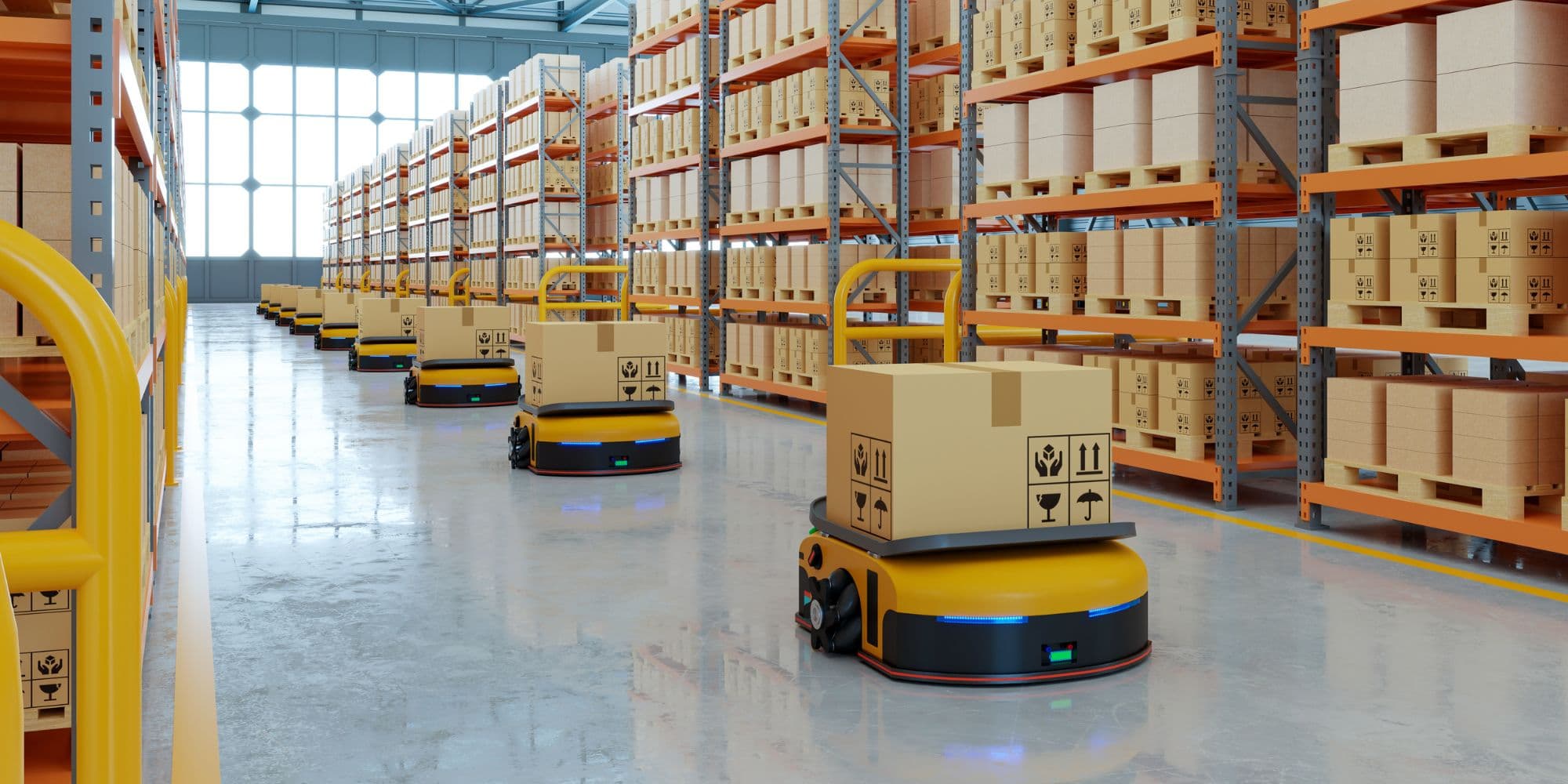Lipstick beats bag: how beauty is conquering online luxury

Discover how AI, automation, IoT, and Blockchain are transforming supply chain management for e-commerce brands and the customer experience for end consumers.

Logistics 4.0 represents the fourth industrial revolution applied to the supply chain. This new era is characterised by the adoption of increasingly advanced technologies and in-depth data analysis to enhance the efficiency and flexibility of logistics operations. Logistics is rapidly transitioning from traditional models based on manual processes and partial automation to an integrated and intelligent system that leverages digital technologies. Recently, Logistics 4.0 has increasingly stood out for integrating complex and interconnected systems that allow for real-time monitoring and control of goods. The adoption of robotics, advanced management systems, and IoT technologies are radically changing the way companies manage their supply chains, and this rapid evolution is largely driven by the growing demand for faster, customised, and transparent shipping, fuelled by the thriving e-commerce market and modern consumer expectations.
Artificial Intelligence (AI) and automation are two fundamental pillars of Logistics 4.0. AI enables companies to analyse vast volumes of data and make decisions based on accurate forecasts and predictive models. This is particularly useful for optimising delivery routes, managing inventory, and predicting demand, thereby reducing costs and improving operational efficiency. Automation, through the use of robots and automated systems, has revolutionised warehouse and distribution centre management. Robots are profoundly transforming the landscape of modern logistics by performing tasks that are both hazardous and repetitive. Designed to operate with precision and speed, they minimise errors and enhance overall efficiency. For instance, in automated warehouses, robots can pick and pack items with consistent rapidity, avoiding the risk of injuries associated with heavy and repetitive work. This improves workplace safety and allows employees to focus on higher-value tasks.
The Internet of Things (IoT) has also profoundly transformed the logistics sector. Through the use of smart sensors integrated into transport vehicles, packages, and warehouses, IoT provides a detailed and continuous view of logistics operations. In vehicles, sensors track parameters such as GPS location, speed, and engine conditions, while in packages; they monitor critical variables such as temperature, humidity, and vibrations, essential for maintaining the quality of goods, especially for sensitive products. In warehouses, sensors optimise inventory management and monitor storage conditions. This advanced traceability allows for the optimisation of delivery routes, avoiding congestion and reducing travel times. The transparency offered by end-to-end traceability significantly improves the customer experience by providing real-time updates on the status of shipments and reducing uncertainty. Additionally, data collected from IoT sensors allows for proactive identification and resolution of operational issues, such as vehicle breakdowns or warehouse inefficiencies, before they become critical, enhancing the resilience and responsiveness of the supply chain.
Advanced data analytics has always been a fundamental pillar for strategic decision-making across all businesses, including those in the e-commerce sector. An example of this is Big Data, which enables the identification of trends, patterns, and anomalies that can influence supply chain management by facilitating the optimisation of operations, improving demand forecasting, and reducing costs. Blockchain also represents a powerful solution for ensuring security and transparency in logistics transactions. By recording each transaction in an immutable and verifiable ledger, Blockchain enhances trust and reduces the risk of fraud and errors. This is particularly useful in supply chain management, where data transparency and integrity are crucial. Together with other technologies, these innovations are making logistics operations increasingly efficient, transparent, and responsive, rewriting the rules of e-commerce and paving the way for a future of greater innovation, transparency, and competitiveness.